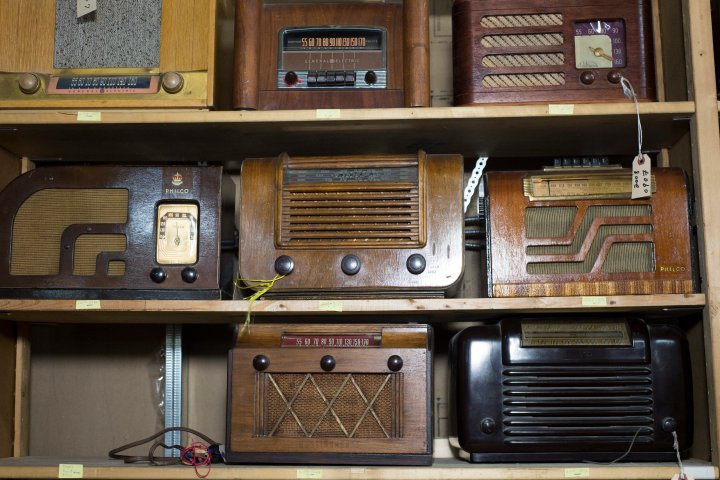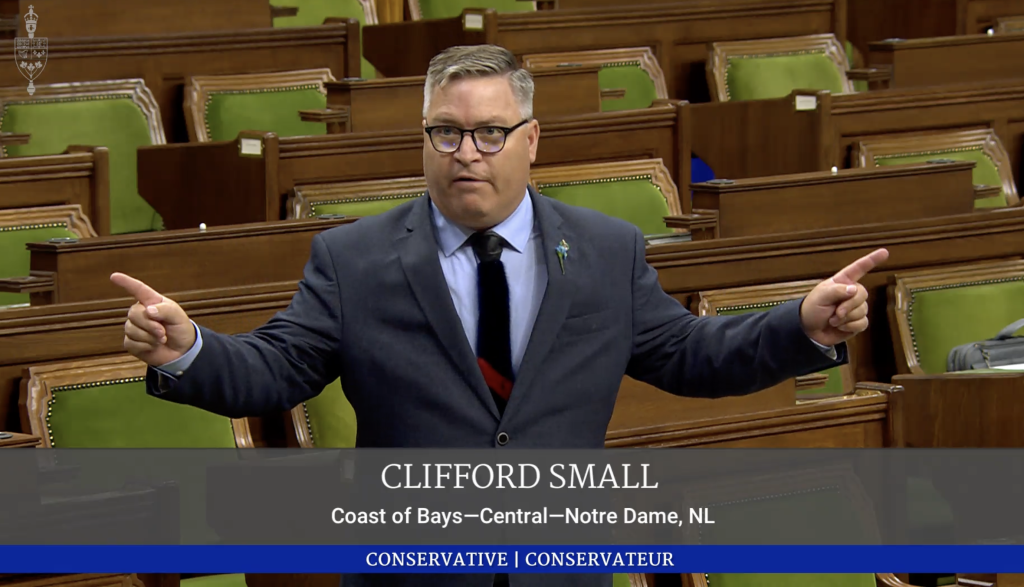The history of radio has been marked by various controversies and scandals, one of the most notorious being the payola convention.
Payola, a term derived from the words “pay” and “Victrola” (a popular brand of record player at the time), refers to the practice of record companies paying radio stations to play their songs. This unethical practice was prevalent in the 1950s and 1960s, when radio was the primary medium for music consumption.
The payola convention, also known as the National Association of Broadcasters (NAB) Radio-Record Industry Convention, was an annual event where radio station owners and record company executives would gather to discuss business deals and promote new music releases. However, it was also a platform for payola to thrive.
During this time, record companies would offer bribes, gifts, and even cash to radio DJs and program directors in exchange for airplay. This resulted in a lack of diversity in the music played on the radio, as only songs from major record labels were being promoted.
The payola scandal came to light in 1959 when a congressional investigation was launched after a DJ named Alan Freed was accused of accepting bribes to play certain songs. This led to the passing of the Payola Prohibition Act in 1960, which made payola a criminal offense.
The scandal had a significant impact on the radio industry, as many DJs and executives were fired or faced legal consequences. It also brought attention to the need for regulations and transparency in the music industry.
Since then, payola has been strictly prohibited, and radio stations are required to disclose any financial or promotional agreements with record companies. However, there have been instances of payola resurfacing in the digital age, with online streaming platforms and social media influencers being accused of similar practices.
The payola convention may have been a dark chapter in the history of radio, but it also served as a wake-up call for the industry to prioritize ethical practices and fair competition. Today, radio remains a vital platform for music discovery, and it is crucial for it to maintain its integrity and credibility.




